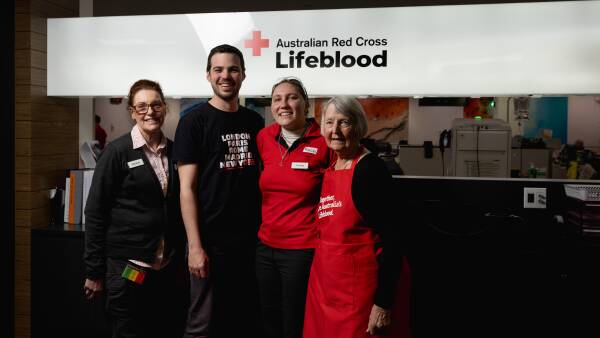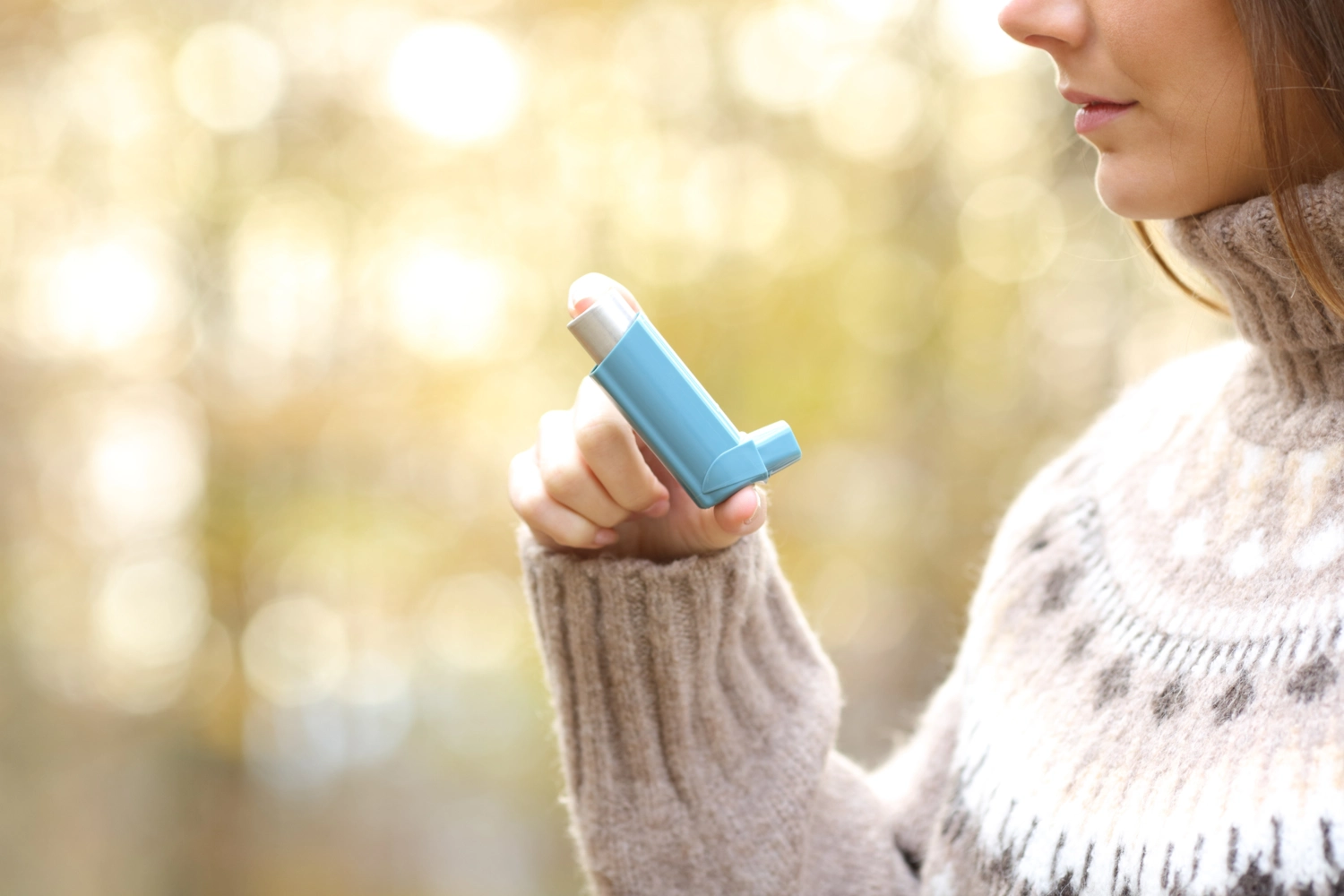
A significant shift has occurred in blood donation policies in Australia, allowing many previously barred individuals to now contribute to life-saving plasma donations. The Australian Red Cross Lifeblood has lifted most sexual activity wait times, enabling gay and bisexual men, transgender individuals, sex workers, and people on pre-exposure prophylaxis (PrEP) to donate.
Declan Clausen, a Labor councillor in Newcastle, expressed his enthusiasm for the changes. As a gay man, he had previously been unable to donate blood due to outdated regulations that were not based on actual safety concerns. “Not because my blood wasn’t safe, but because of outdated rules rooted in stereotypes and stigma,” he stated. The new rules mean Clausen can make his first plasma donation this week, marking a pivotal moment in his ability to help others.
For decades, the donation policies have excluded many from the LGBTQIA+ and sex worker communities due to a three-month wait period for those who had sexual activity. Clausen has actively advocated for reform, emphasizing that blood donation policies should be based on scientific evidence rather than outdated assumptions. He remarked, “They [the changes] recognise the science, and will finally allow thousands of Australians, including me, to contribute.”
Impact of the Changes on Plasma Donation
Plasma, often referred to as “liquid gold,” is crucial for treating over 50 medical conditions, making its supply particularly vital for Australian patients. In regions like Newcastle and Maitland, approximately 100 plasma donors are required daily to meet patient needs. The recent updates are expected to make around 625,000 Australians eligible to donate plasma, with Lifeblood anticipating an increase of 95,000 additional donations each year.
Krys Sutton, a member of the Newcastle Pride committee, also expressed his support for the changes. While he has been in a long-term committed relationship, Sutton was previously disappointed by the restrictions that prevented him from donating. He noted the importance of rebuilding trust within the LGBTQIA+ community, stating, “Once the legislation changes, we can come through and do this, be part of the community and give back.”
The new regulations are particularly noteworthy as they make Australia the first country to allow individuals on PrEP to donate plasma without a waiting period. Clausen stated, “Donating blood and plasma to help save lives shouldn’t depend on who you love. It should depend only on whether you’re healthy and willing to give.”
Future Changes and Safety Assurance
Over the next year, Lifeblood estimates an additional 24,000 donors will step forward to donate plasma. The chief executive officer of Lifeblood, Stephen Cornelissen, assured that patient safety remains the organization’s top priority. He mentioned that extensive research and modeling have demonstrated that the policy changes can be introduced without compromising the safety of Australia’s blood supply.
Cornelissen acknowledged the historical context of the rules, stating, “While the rules were put in place to ensure a safe blood supply in the past, we know they have contributed to the stigma faced by many.” He expressed hope that this change would be a turning point for Lifeblood and the LGBTQIA+ community.
Additionally, Lifeblood has made strides in reforming blood and platelets donation eligibility. The Therapeutic Goods Administration (TGA) recently approved a submission to eliminate gender-based sexual activity rules, paving the way for gender-neutral assessments that will take effect next year. This means all donors will be asked the same questions about sexual activity, regardless of gender or sexuality.
Dr. Jo Pink, Lifeblood’s chief medical officer, stated that the current six-month wait for certain donors is still the safest option based on available data. She added that Lifeblood remains dedicated to reviewing these wait periods as more evidence emerges. “We hope to be able to implement this part of the changes next year,” she said.
To support the ongoing need for plasma donations, individuals can book appointments by calling 13 14 95, visiting Lifeblood’s website, or downloading the Donate Blood App. As Australia moves towards a more inclusive donation framework, the potential for thousands to contribute to saving lives has never been more promising.






